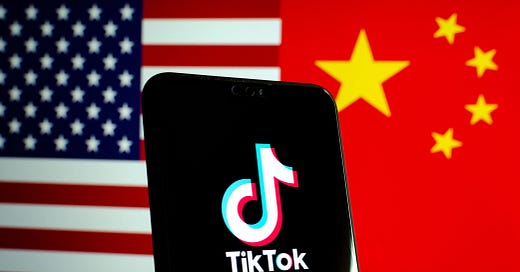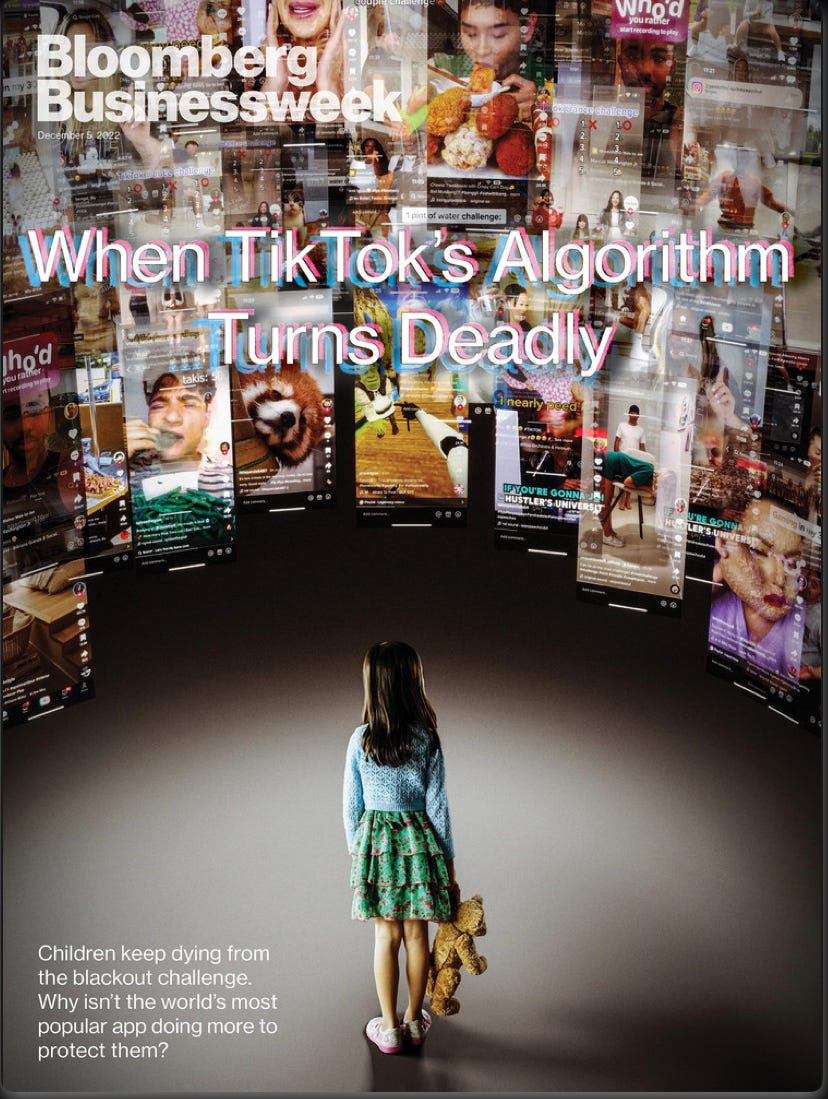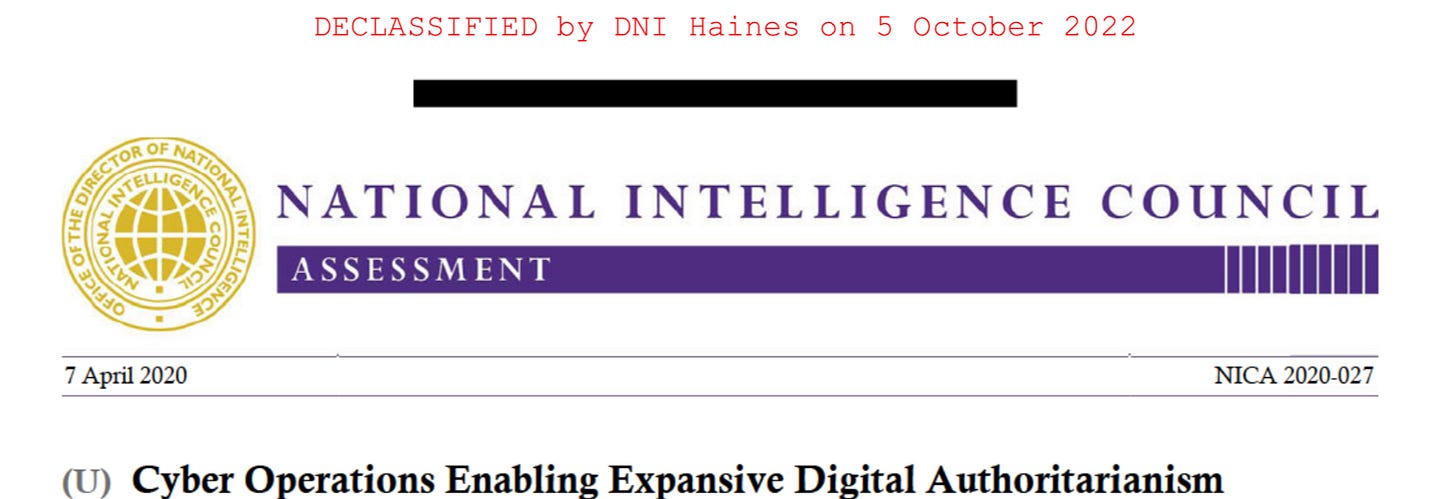In the last decade, the world has witnessed a return to great power rivalry on the world stage, but this time with multiple poles as opposed to the bi-polar world of the Cold War. This New Cold War sees the return of an autocratic and aggressive Russia alongside the rise of China as a leading global military, economic and diplomatic power. Both are engaged in acts of war or aggression in their near abroad - Ukraine, Hong Kong, Taiwan - and both seek to up-end the rules-based, international order by using it against the very western powers that both built it and rely upon it.
‘The holiday from history’ is over was the way former US Trade Representative and World Bank President Bob Zoellick put it recently on my Blue Skies podcast. His witty reference to Francis Fukuyama’s famous book The End of History and the Last Man underlined the fact that western democracies have been a little too slow to confront the rising ambitions of these global rivals. The result of this holiday has been the slow disruption of the norms of trade, international development, technology and security around the globe.
Western democratic countries are beginning to realize that the very best elements of our democratic life can be used against us in this New Cold War. Fundamental aspects of our liberty from free speech to the democratic process can be targeted through novel and growing forms asymmetrical aggression. Canadians have learned in recent months just how woefully unprepared we are to safeguard our democracy, but we will soon learn how exposed we are to our own citizens becoming unwittingly drawn into these asymmetrical operations.
Sometime in early 2023, I believe that the United States will ban or force the sale of TikTok from its Chinese state-controlled owner. I also believe that Canada should both follow and support these efforts. At the risk of becoming extremely unpopular amongst many Canadians and even 50% of my own household who think that this platform is fun and harmless entertainment, I think it is important to understand why western democratic governments should be concerned about this social media platform in this New Cold War.
Influence Operations
The first concern about TikTok stems from the general impact of social media on public discourse and politics in Canada and the United States. I don’t think anyone would dispute the fact that large social media platforms have dramatically changed political discourse and even our social cohesion in the last decade. You need only look at the current news about changes at Twitter or the whistle-blowing testimony from a former employee at Facebook to see how these powerful platforms influence our daily life. TikTok rapidly eclipsed these social media pioneers, but most users would not realize that the user experience in its country of origin is radically different from the North American experience.
This issue of the impact of social media on politics is something I have been grappling with myself for many years, as social media has dramatically changed politics over the course of my decade in public life. Social media is now the central way most Canadians get their news and the platforms can frame the debate in our democracy for issues ranging from the COVID-19 pandemic to climate change. These platforms and their algorithms naturally present the issue to you from the reference point of the political group you belong to making understanding or compromise more and more difficult.
In 2020, when I was the Conservative leader, I asked my caucus to watch the Netflix documentary The Social Dilemma over the Christmas holidays to better understand the power of social media and to reflect on our responsibility as elected leaders in harnessing and leveraging this power. One of the main voices in that documentary, Tristan Harris, an American technology ethicist, recently said this about the stark differences in the TikTok experience in China versus the United States.
"In their version of TikTok, if you're under 14 years old, they show you science experiments you can do at home, museum exhibits, patriotism videos and educational videos," Harris said. "And they also limit it to only 40 minutes per day. Now they don't ship that version of TikTok to the rest of the world. So it's almost like they recognize that technology's influencing kids' development, and they make their domestic version a spinach version of TikTok, while they ship the opium version to the rest of the world."
Harris is not the only prominent voice to highlight the addictive and negative aspects of the TikTok platform in the United States as compared to the platform in China. A commissioner of the Federal Communications Commission called it “digital fentanyl” to equate its spread and impact to the opioid crisis that has torn through families in the United States.
Whether you believe the digital fentanyl description is hyperbole or not, recent injuries and deaths attributable to trends on the platform have caused considerable public debate about the platform, young users and its lack of controls. The ‘Blackout Challenge’ has led to heartbreaking stories of young children dying trying to replicate what was recommended to them on TikTok. These tragedies are leading many parents to worry about the platform irrespective of the differences in China.
Data Operations
The second reason that a TikTok ban is gaining momentum in the United States is the fact that the platform is hoovering up massive quantities of data that can be accessed by the Chinese state. The Chinese Communist Party (CCP) requires Chinese companies to support the domestic and foreign policy objectives of the state, so we cannot view social media companies from China in the same way we view the western social media giants from Silicon Valley.
Social media platforms are an incredibly powerful tool for big data collection. They have access to user location, relationships, interests, behaviours and even your physical identity through facial and voice recognition. If this is not carefully regulated and protected, it could be used by hostile actors in a way that would dramatically enhance influence operations at a time that we are just beginning to admit they are happening.
ByteDance, the developer of TikTok, has a corporate structure that is already directly linked to the CCP, so the collection and sharing of data and other analytics must be assumed to be happening. If you read between the lines of recently partially-declassified intelligence documents in the United States, this is a clear and present risk that security agencies are already acknowledging is happening.
Both the digital fentanyl and the big data aspects of the TikTok debate will make it virtually impossible for Congress not to act on the ban that is already swirling around Washington ahead of Christmas. Whether it happens in the tail end of the lame duck sitting, or when the Republicans control the House of Representatives, there will be enough all party support for such a move to make it happen.
Caveat Emptor & the Way Forward
Canada must realize that the United States will act on TikTok because of the harsh reality that the platform - while fun on its face - has too many risks to allow it to be controlled by a rival in the age of the New Cold War. Hopefully the innovative tech sector in the United States and Canada can continue to reform their own platforms, enhance their protections and step up to buy or replace the joy people have for the TikTok experience.
Like anything, this is a story about buyer (or user) beware. Talk to your kids about all platforms and their inherent pros and cons. Educate your friends and co-workers as well because we all love our liberties and need to know how they might be exploited. And enjoy your holiday scrolling of decoration disasters and funny gift openings this holiday season knowing this joyful scrolling may not always be there. And perhaps ask Santa to bring you a good old fashion book or a Substack subscription for Christmas.









Thanks Erin, Informative and interesting piece. Terry Glavin let me know you were on substack. I follow him at: https://therealstory.substack.com Keep up the great work. I will subscribe very soon.
Cheers,
JR
Hon O'Toole. I truly appreciate being referred to your "stack", I easily subscribed, I easily commented. I also notice that what I would call "trolls" are also subscribing and commenting. To me, this platform will only be useful if there is a "behind the scenes" verification of a person's actual identity. If a person is willfully posting comments that are libellous, there could be ramifications. I the free speech-town square aspect of social media, however, there is a line and it starts with verification. JMHO